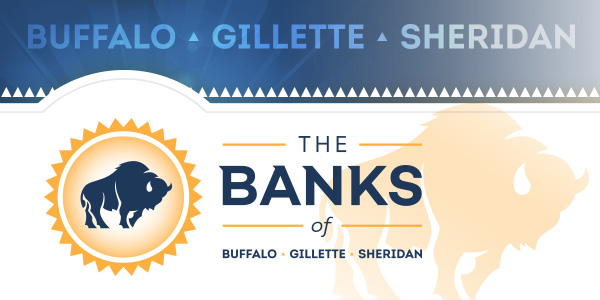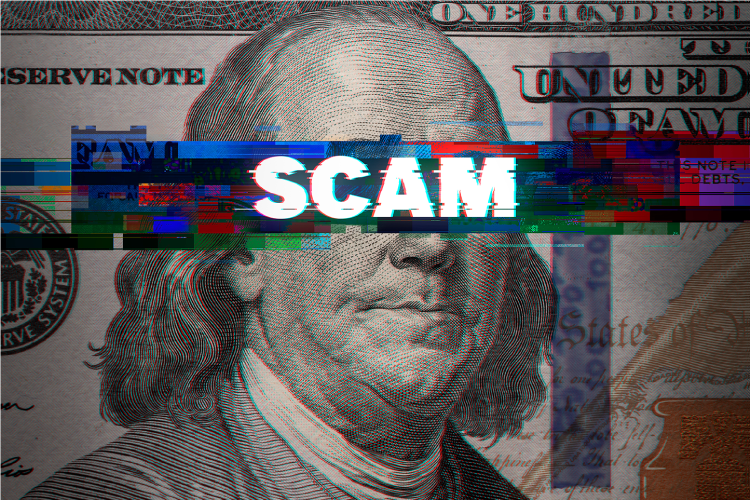

Online Phishing: What It Is, and How to Avoid It

Scams have been around for a long time. What may have started as writing bad checks and digging old receipts out of trash cans has since evolved into spoof phone calls and online phishing. While some scammers are easy to spot right away, others are incredibly smart and will go to great lengths to convince you that they’re the real deal. Because financial scams and identity theft can happen to anyone, at any time, it’s important to pay close attention to your bank account, incoming emails, and credit card balances. Here are our top tips on how to spot online phishing, and what you can do to avoid falling victim.
1. Knowing the Telltale Signs
Some online scams are easier to detect than others. Generally, if you spot one or more of these red flags in an email, chances are likely that it’s a scammer:
- Repetitive spelling, grammatical, or syntax* errors
*Pro tip: When scammers put together their phishing messages, they’ll often run it through a spellchecker or translation software— which will give them the correct words, but not always in the proper context. - Unfamiliar email addresses, especially those that consist of a string of letters and/or numbers
- Generic greetings, such as “Hi Dear” or “Hello Customer”
- A sense of urgency to take action, followed by a suspicious attachment or link
- A request for personal information or account numbers
Others, however, are careful to avoid these mistakes in an effort to appear as legitimate as possible. They may address you by your first name, or even format the email to look like it’s from a company you know and trust, including The Banks of Buffalo, Gillette, or Sheridan. We will NEVER ask you for the following information in an email, over the phone, or via text message:
- Account numbers
- Social Security number
- Your birthday
- Your username or password
- Your mailing address
If you think your Bank of Buffalo, Gillette, or Sheridan debit or credit card has been compromised, please give us a call at your local Buffalo Federal Branch. If the email appears to be sent from another business you trust (Netflix, Google, Amazon, etc.) it’s always best to contact the company directly, using the contact information on their website.
2. Avoiding an Online Phishing Scam
Once you know what to look for, you can more successfully avoid falling victim to online phishing.
- Block any unknown or unwanted email addresses immediately, and remember— if you didn’t initiate the conversation, DO NOT provide someone with your bank account number, Social Security number, or other personal information.
- NEVER provide unknown people with your physical address.
- No matter the context of the message, do not give in to pressure to take immediate action. Scammers know that the longer you think about their phishing email, the more likely you are to have an “a-ha” moment and realize that something isn’t right. Emails from legitimate businesses will never require you to take immediate action.
- Be aware that scammers will ask you to pay in unconventional ways, such as wiring funds, putting money on a gift card, or fake charitable donations.
- Do not fall for threats of jailtime or lawsuits.
- Trust your intuition— if something feels off, it probably is.
- Report any suspicions of online phishing to the Federal Trade Commission.
3. Falling Victim to an Online Phishing Scam
Based on the nature of the scam, other steps may need to be taken. For more in-depth information, click here.
In the event your identity is stolen as a result of an online phishing scam, you’ll need to call one of the three nationwide credit reporting companies and ask for a fraud alert to be put on your credit report. The company you call will contact the other two so they can put fraud alerts on your files.
- Equifax: 1-800-525-6285
- Experian: 1-888-397-3742
- TransUnion: 1-800-680-7289
Online phishing scams can (and likely will) catch you off guard. But, by knowing what to watch out for and how to avoid falling victim, you can protect both your financial information and your identity. Whether you fall victim to online phishing and think your Bank of Buffalo, Gillette, or Sheridan account has been compromised, or just have questions about the validity of a message you believe came from us, please give us a call at your local Buffalo Federal Branch. We are always here to help!